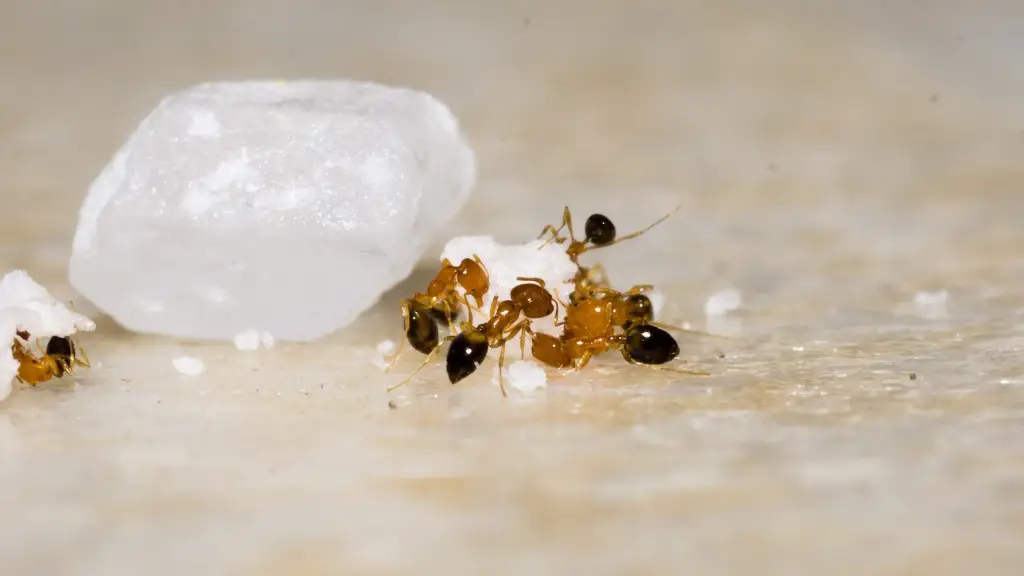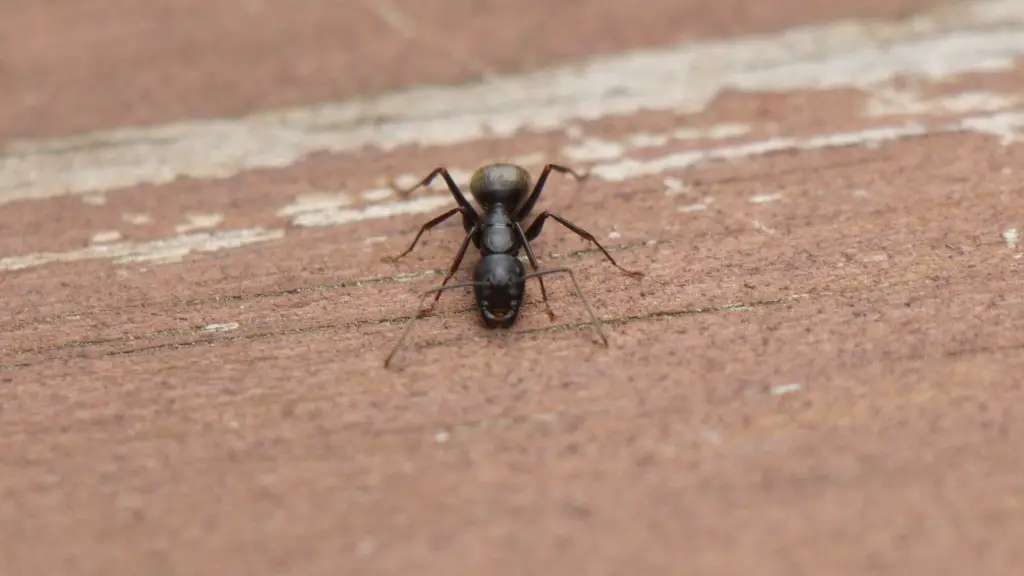Ants are one of the most common and pesky pests in our homes. Tackling an infestation of ants can be both time consuming and difficult, but fortunately there are steps you can take to rid your home of these creatures once and for all.
Ants are generally attracted to food, so the first step in eliminating them is to make sure food is stored in sealed containers, so they can not get to it. This includes both dry food, like cereal and pasta, as well as any liquids or liquids that may have been left on surfaces. This will help to prevent ants from developing a food source in your home.
To really get rid of the ants, it’s important to target their nests. If you can locate them, you can use an insect spray, either aerosol or powered, to kill the ants at their source. In addition to targeting the nests, you can use ant bait near the areas where ants have been seen. Ant bait is usually a mixture of a sweet food, usually containing sugar, and a toxin, like Borax. The ants will take the bait back to their nests and feed it to their fellow ants, thus killing the colony.
Pesticides
If you want to use a more powerful weapon against the pests, then you can always use pesticides. Pesticides are toxic chemicals that are designed to target specific insects, so they can be very effective in killing ants. In order to use a pesticide correctly, it is important to read the instructions on the packaging carefully, as not all pesticides are meant to be used in homes. You can also ask your local home improvement store or garden store for advice on which type of pesticide is best for your situation.
Natural Remedies
If you’re not comfortable using a pesticide in your home, there are some natural remedies you can use to rid your home of ants. One of the more popular remedies is to sprinkle a line of cinnamon or chili powder around doors and windows where ants may enter. The strong smell is believed to repel the ants, keeping them away in the first place. You can also use a mixture of vinegar and water to spray directly onto the ants, or put some vinegar in a bowl near the affected area. This can help to kill and repel the ants.
Prevention
Of course, the best way to keep ants out of your home in the first place is to practice preventative measures. This means making sure food items are sealed away and not left out carelessly, as well as cleaning up any spills as soon as they happen. You should also seal off any openings or cracks in your home that ants may be using to get in. This could include windows and doors, as well as small crevices in the walls and around baseboards.
Professional Assistance
If the ant problem persists and none of the above solutions seem to work, it may be time to contact a professional pest control service. These services use stronger, industrial-strength pesticides and techniques to eliminate entire colonies of ants. While it is more expensive than tackling the problem yourself, it can be well worth the cost if you have a major ant infestation in your home.
Baiting
One technique that professional pest control teams often use is baiting. This involves placing bait in areas where ants are commonly seen and allowing them to take it back to their nest. The bait disrupts the ant’s digestive process, so that eventually the entire colony is eliminated. It can be an extremely effective way to get rid of an ant infestation.
Cleanliness and Maintenance
Finally, it’s important to note that ant infestations can often be prevented by simply keeping your home clean. Regular dusting and vacuuming can help to prevent them from taking hold in the first place. In addition, a thorough inspection of your home’s outside perimeter can help you to identify any potential points of entry that ants may be using. Taking care of these issues now can save you time and trouble in the future.

